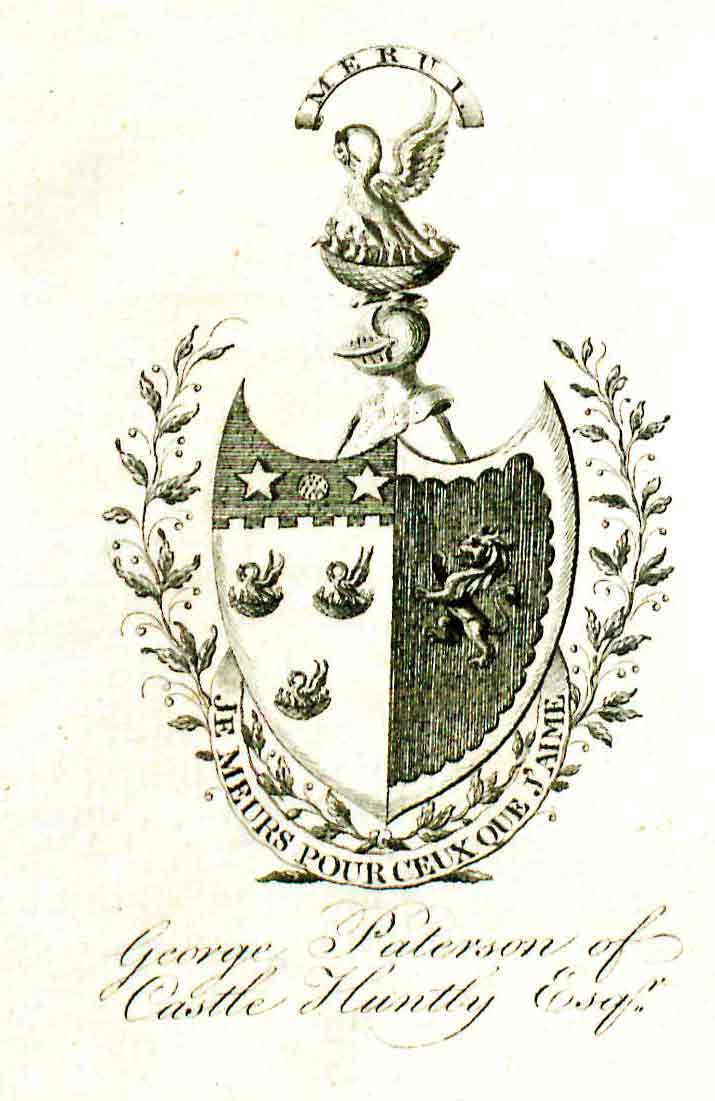C. Plinii Secundi Naturalis Historiæ
From Wythepedia: The George Wythe Encyclopedia
by Pliny the Elder
| Naturalis Historiae | ||
|
at the College of William & Mary. |
||
| Author | Pliny the Elder | |
| Edition | Precise edition unknown | |
| Desc. | Folio | |
Naturalis Historiæ is broken into two main sections of eighteen volumes each. The first section describes nature itself, while the second discusses nature’s relation to man.[4] Pliny the Elder's vast knowledge is attributed to his habit of continuous study by his nephew, Pliny the Younger, in one of his letters. Pliny the younger claimed that his uncle was so diligent that when “In the country his whole time was devoted to study, excepting only when he bathed.”[5] Pliny the Elder died in pursuit of scientific knowledge when he decided to investigate the eruption of Mt. Vesuvius (a trip that soon turned to an evacuation of the towns in danger.)[6] Pliny probably succumbed to an asthma attack which was brought on by sulfurous fumes.[7]
Evidence for Inclusion in Wythe's Library
See also
References
- ↑ Jona Lendering, "Pliny the Elder," Livius: Articles on Ancient History (August 2012), accessed October 11, 2013.
- ↑ Ibid.
- ↑ Ibid.
- ↑ Ibid.
- ↑ Marcus Tullius Cicero and Gaius Plinius Caecilius Secundus, Letters and Treatises of Cicero and Pliny, The Harvard Classics 9 (New York: P. F. Collier & Son, 1909), 233.
- ↑ Ibid., 284-288.
- ↑ Lendering, "Pliny the Elder."

